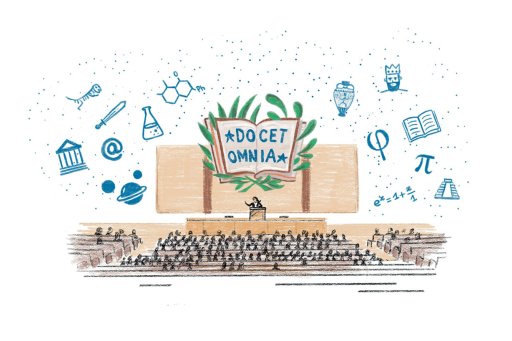Open to half-gauge audiences, subject to availability.
In judgment (on the mental level) or assertion (on the linguistic level), the subject gives assent to a certain thought content (the content of the judgment or assertion); but it is also possible to consider a thought content neutrally, without accepting or endorsing it. Hence the distinction between force and content, which has prevailed in contemporary philosophy of language since Frege. This distinction implies that predication, an operation internal to propositional content, is itself a neutral operation. Because they reject this consequence and conceive of predication as the attribution of a property to an object (an attribution that involves the subject and cannot therefore be neutral), some theorists attempt to call into question the force/content distinction. Others, on the contrary, are attempting to extend its field of application. This international colloquium, organized by the Philosophy of Language and Mind Chair at the Collège de France, aims to take stock of these debates and allow for a direct confrontation of points of view.
Guest speakers* include
- Stephen Barker (University of Nottingham)
- Indrek Reiland (University of Vienna)
- Michael Schmitz (University of Vienna)
- Silver Bronzo (Higher School of Economics, Moscow)
- Mitchell Green (University of Connecticut)
- Peter Hanks (University of Minnesota)
- Eric Mandelbaum (City University of New York)
- Peter Pagin (Stockholm University)
* the originally scheduled lectures by Kathrin Glüer-Pagin and Maria van der Schaar had to be cancelled due to the health crisis.










